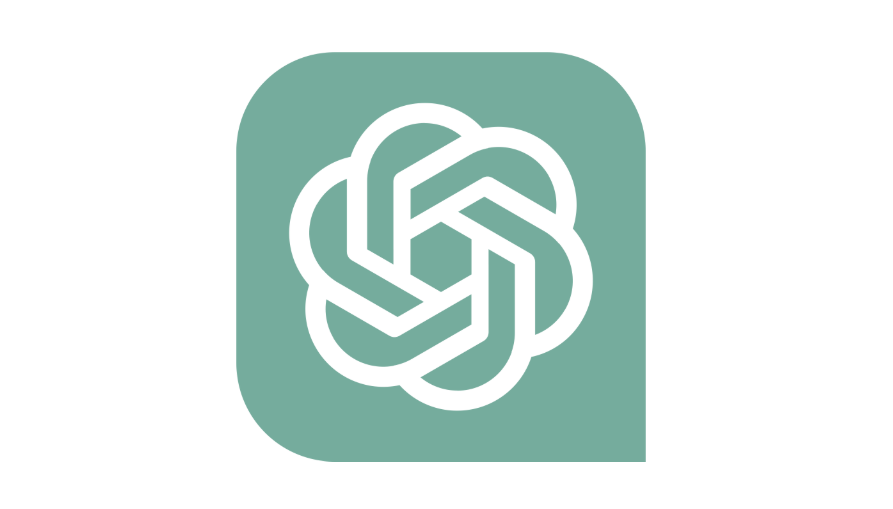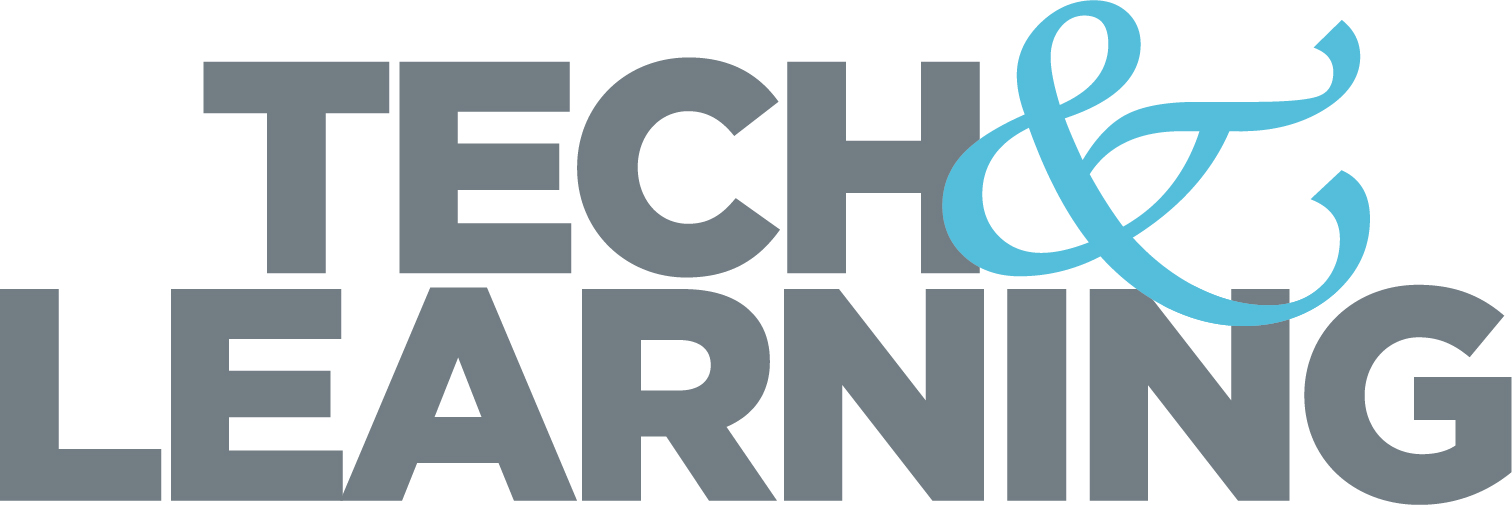Cracking the 'Chicken and Egg' Dilemma: How Equitable Internships Can Propel Recent Graduates into Successful Careers
The founding director of the Partnership for Inclusive Innovation shares tips for promoting internships that are equitable and accessible to all.

After graduating college and trying to get a job, many recent students encounter what Debra Lam calls “the chicken and egg” problem.
“It's very hard to get your first job if you don't have work experience. You can't get work experience if you don't have a first job,” says Lam, the founding executive director of Partnership for Inclusive Innovation (PIN). “So that starts a terrible cycle, and we want to break through that vicious cycle and provide opportunities for students to learn about what they like, what they don't like, and where they want to spend their time and pursue their expertise and talents.”
Lam believes one of the best ways to disrupt this paradigm and for students to get valuable early career insight is through internships. However, not all students have the opportunity to participate. According to a survey from the National Association of Colleges and Employers, only 62% of seniors graduating college in 2023 participated in an internship. Female students, students of color, first-generation college students, and Pell Grant recipients were less likely to have obtained internships while in college.
Lam runs a successful internship program through PIN, which is based in Georgia. She shares thoughts on why equitable internships are vital, and how educators can help support these programs.
Increasing Internship Equity: Supporting Paid Internships
Many internships remain unpaid and this impacts the types of students who can participate in these.
“If you are able to do an unpaid internship, that's great, it means that you are financially able to do that,” Lam says. “But not everyone can afford an unpaid internship.”
This situation creates inequity as there are earnings gaps between those who take on unpaid internships and those who cannot afford to do so, Lam says. That’s why it’s important for educators to try and steer their students toward paid opportunities and for education leaders to work with organizations and businesses that offer financial compensation for student work.
Tech & Learning Newsletter
Tools and ideas to transform education. Sign up below.
“All our internships and fellowships are paid because we value the work that the students do,” Lam says.
Democratizing the Application Process
Educators should support a fair and equitable application process for internships in their communities.
“How you used to get internships, like how you used to get most jobs, was if you knew somebody who then talked to somebody else, you got an interview,” Lam says.
To make internships less about social connections and more about merit, the application process for the internship program Lam oversees is transparent and accessible. “The students have to submit a resume and application, they have to do an interview,” Lam says. This helps ensure that the students selected for internships do quality work for the organizations with which they are paired.
On the other side, organizations also have to apply to host an internship with PIN, which helps ensure an experience that is beneficial for everyone. “We want to make sure there's meaningful work and that the students are actually going to be helping,” she says. “You’re not just babysitting students. They’re young professionals, and they're doing really important work in the community that could benefit people.”
A Cohort Model and More Internships Needed
Last summer more than 100 students applied to PIN for 60 internships. PIN uses a cohort model, which helps students track their learning through the 12-week internships and also lets them begin to network with one another, an important part of the job application process after college.
“I have so many more students who want to do this work. It's just I don't have enough places to put them in or funding,” Lam says. This is why she believes educational leaders and other stakeholders should work with organizations such as hers or others in their communities to help ensure all students have the opportunity to explore different career options.
“The work is out there, students want to do it,” she says. “We identify, promote, hire, mentor, and manage them. We do a lot of work on the backend to make sure that the experience is meaningful, both for the whole site and for the students.”
Erik Ofgang is a Tech & Learning contributor. A journalist, author and educator, his work has appeared in The New York Times, the Washington Post, the Smithsonian, The Atlantic, and Associated Press. He currently teaches at Western Connecticut State University’s MFA program. While a staff writer at Connecticut Magazine he won a Society of Professional Journalism Award for his education reporting. He is interested in how humans learn and how technology can make that more effective.











